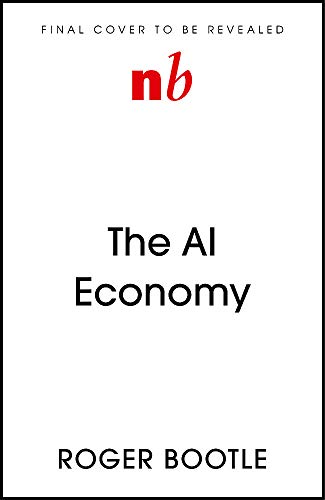What do you think?
Rate this book


Extraordinary innovations in technology promise to transform the world, but how realistic is the claim that AI will change our lives? In this much needed book the acclaimed economist Roger Bootle responds to the fascinating economic questions posed by the age of the robot, steering a path away from tech jargon and alarmism towards a rational explanation of the ways in which the AI revolution will affect us all. Tackling the implications of Artificial Intelligence on growth, productivity, inflation and the distribution of wealth and power, THE AI ECONOMY also examines coming changes to the the way we educate, work and spend our leisure time.
A fundamentally optimistic view which will help you plan for changing times, this book explains AI and leads you towards a more certain future.
Extraordinary innovations in technology promise to transform the world, but how realistic is the claim that AI will change our lives? In this much needed book the acclaimed economist Roger Bootle responds to the fascinating economic questions posed by the age of the robot, steering a path away from tech jargon and alarmism towards a rational explanation of the ways in which the AI revolution will affect us all. Tackling the implications of Artificial Intelligence on growth, productivity, inflation and the distribution of wealth and power, THE AI ECONOMY also examines coming changes to the the way we educate, work and spend our leisure time.
A fundamentally optimistic view which will help you plan for changing times, this book explains AI and leads you towards a more certain future.
224 pages, Paperback
Published September 10, 2019